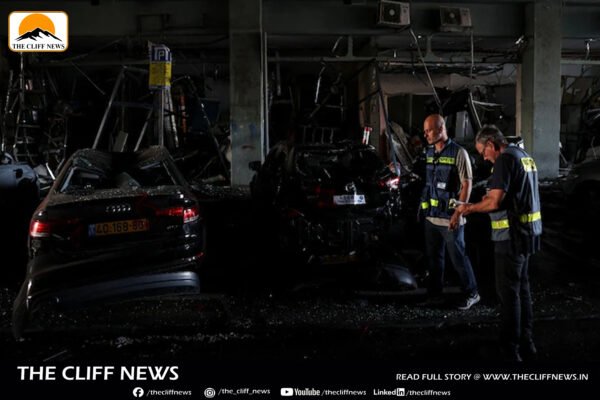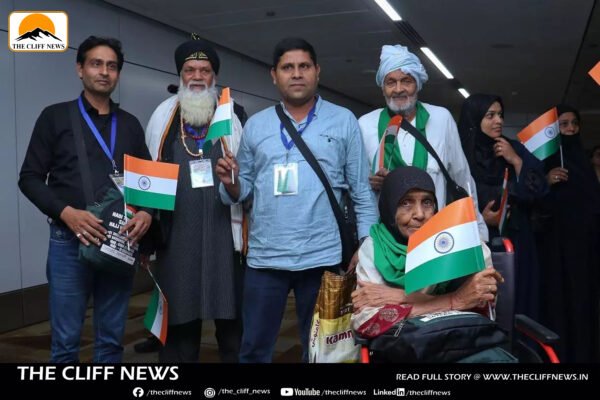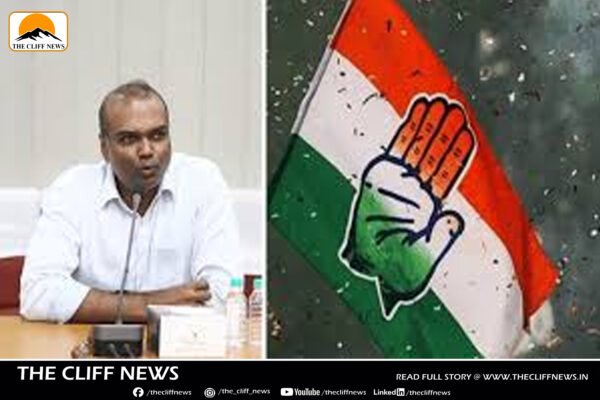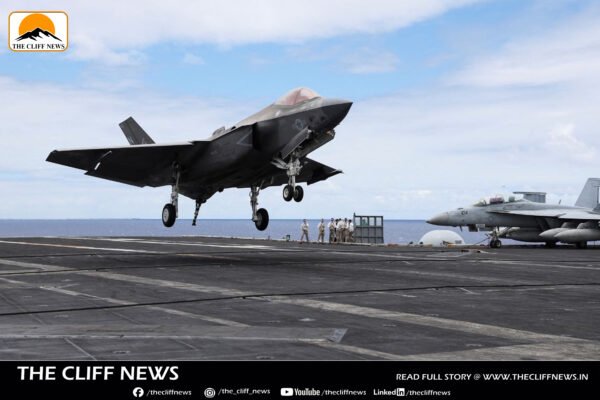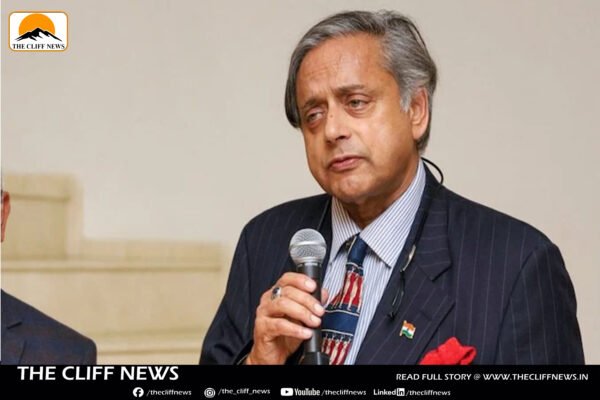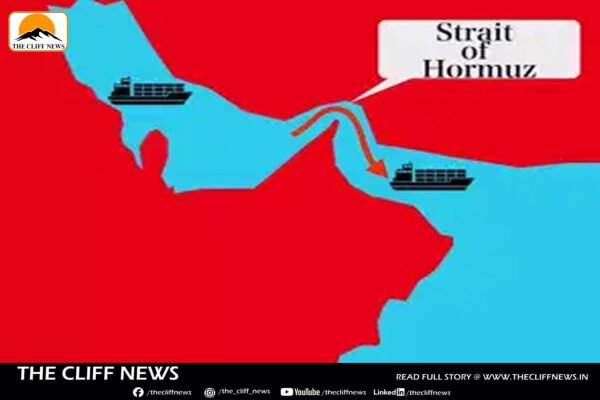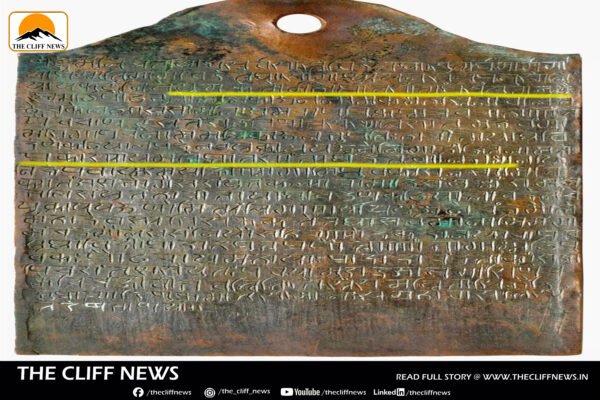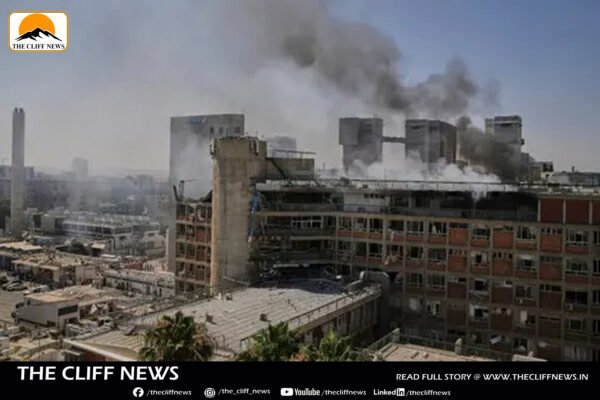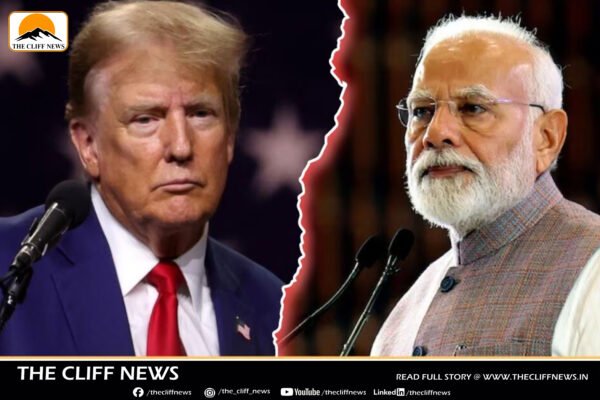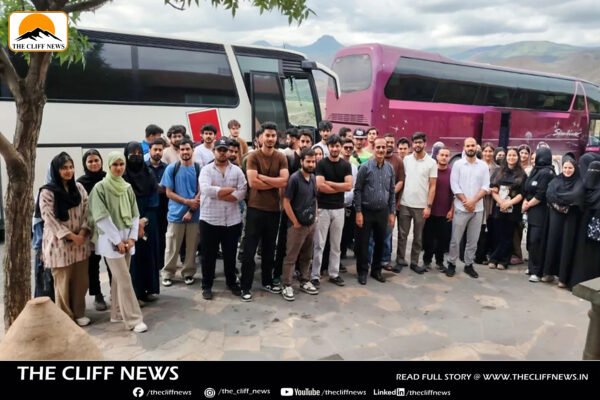Israel-Iran Conflict Escalates on Day 9: Targeted Strikes, High-Profile IRGC Commanders Killed, Global Alarm Mounts
The ongoing conflict between Israel and Iran entered its ninth consecutive day on Saturday, June 21, 2025, with no sign of de-escalation as both nations exchanged missile and drone strikes. The Israeli military targeted critical nuclear infrastructure in Iran, while Tehran retaliated with missiles armed with cluster munitions — marking the first confirmed use of such controversial weapons in this round of hostilities. In a major development, an Israeli military official confirmed that two centrifuge production sites in Iran’s Isfahan province were destroyed in overnight airstrikes. These facilities, believed to be essential for Iran’s nuclear enrichment program, represent a critical blow to Tehran’s capabilities. Meanwhile, the Israel Defense Forces (IDF) announced the elimination of two high-ranking Quds Force commanders, deepening the military dimension of the conflict: Following the strikes, the IDF issued a strongly worded statement on X, saying: “Ruled by an extremist regime, Iran threatens global security with its nuclear ambitions and desire for regional domination. They must be stopped.” The United States is closely monitoring the rapidly intensifying conflict. According to a senior U.S. official, President Donald Trump convened a high-level national security meeting at the White House on Friday to review the situation and assess whether the U.S. should intervene. The outcome of the meeting remains undisclosed, but global stakeholders are watching closely, fearing a broader regional war. As casualties mount and tensions boil over, international calls for restraint are growing louder — yet both sides appear firmly committed to their military objectives, raising grave concerns over regional and global stability.
